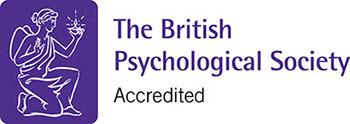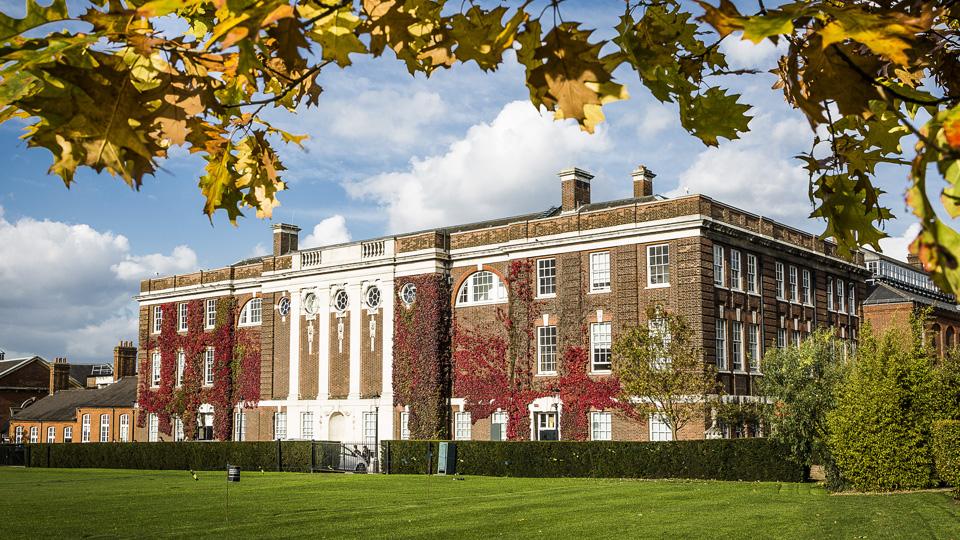Note about optional modules (if available): The below is indicative of the typical modules offered, but is not intended to be construed or relied on as a definitive list of what might be available in any given year. The module content and availability is subject to change.
Year 1 (credit level 4)
In your first year, you will take introductory modules covering the main topics within psychology. You will also receive practical training in the principles, methods and techniques of psychological research.
| Module title |
Credits |
|
The Psychology of the Person
|
15 credits |
|
Biological and Comparative Approaches to Psychology
|
15 credits |
|
Information Processing and Cognition
|
15 credits |
|
Design and Analysis of Psychological Investigations
|
30 credits |
|
Practical Issues in Psychological Research
|
15 credits |
|
Extended Essay in Psychology
|
15 credits |
|
Essential Skills for Psychologists
|
15 credits |
Year 2 (credit level 5)
Year 2 will provide you with a more in-depth knowledge and understanding of concepts, theories and relating to a broad range of psychological topics from social psychology to developmental psychology. You will also explore statistics and laboratory-based research.
| Module title |
Credits |
|
Biological Substrates of Behaviour
|
15 credits |
|
Personality and Individual Differences
|
15 credits |
|
Social Psychology
|
15 credits |
|
Developmental Psychology
|
15 credits |
|
Design and Analysis of Psychological Studies
|
15 credits |
|
Cognitive Psychology
|
15 credits |
|
Research Methods in Psychology
|
30 credits |
Year 3 (credit level 6)
In your final year, you will take six option modules, and will carry out an individual research project under the close supervision of a member of faculty in the Department of Psychology.
| Module title |
Credits |
|
Psychopathology: Cognitive behaviour models and treatments
|
15 credits |
|
Multivariate Statistical Methods in Psychology
|
15 credits |
|
Applications of Attention Research
|
15 credits |
|
Topics in Neuropsychology
|
15 credits |
|
Psychology and Law
|
15 credits |
|
Neurodevelopmental Disorders
|
15 credits |
|
Behavioural Genetics
|
15 credits |
|
Psychological Approaches to Music
|
15 credits |
|
The Interpersonal Self
|
15 credits |
|
Psychology and Education
|
15 credits |
|
Social-Moral Development
|
15 credits |
|
Cognitive Neuroscience
|
15 credits |
|
Magic and the Mind
|
15 credits |
|
Social Psychology of Social Problems
|
15 credits |
|
Psychology of the Arts, Aesthetics and Attraction
|
15 credits |
|
Cross-cultural and Individual Differences in Attention and Awareness
|
15 credits |
Teaching style
This programme is mainly taught through scheduled learning - a mixture of lectures, seminars and workshops. You’ll also be expected to undertake a significant amount of independent study. This includes carrying out required and additional reading, preparing topics for discussion, and producing essays or project work.
The following information gives an indication of the typical proportions of learning and teaching for each year of this programme*:
- Year 1 - 14% scheduled learning, 86% independent learning
- Year 2 - 15% scheduled learning, 85% independent learning
- Year 3 - 13% scheduled learning, 87% independent learning
How you’ll be assessed
You’ll be assessed by a variety of methods, depending on your module choices. These include formal examinations, coursework, laboratory reports and research projects.
The following information gives an indication of how you can typically expect to be assessed on each year of this programme*:
- Year 1 - 53% coursework, 47% written exam
- Year 2 - 34% coursework, 66% written exam
- Year 3 - 53% coursework, 48% written exam
*Please note that these are averages are based on enrolments for 2022/23. Each student’s time in teaching, learning and assessment activities will differ based on individual module choices. Find out more about how this information is calculated.
Credits and levels of learning
An undergraduate honours degree is made up of 360 credits – 120 at Level 4, 120 at Level 5 and 120 at Level 6. If you are a full-time student, you will usually take Level 4 modules in the first year, Level 5 in the second, and Level 6 modules in your final year. A standard module is worth 30 credits. Some programmes also contain 15-credit half modules or can be made up of higher-value parts, such as a dissertation or a Major Project.
Download the programme specification.
Please note that due to staff research commitments not all of these modules may be available every year.

